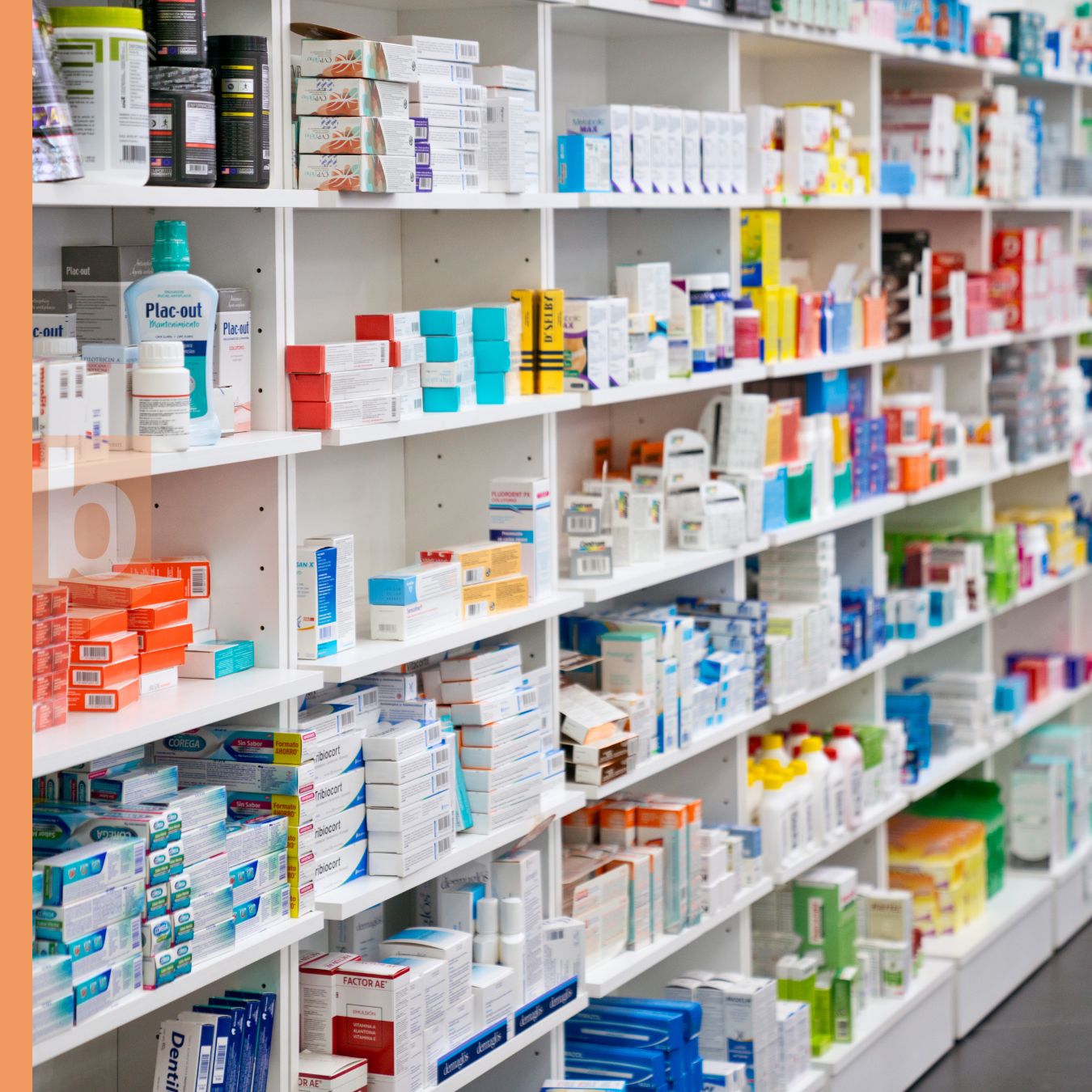WILLEMSTAD--The Association of Pharmaceutical Product Importers (VIPP) has issued a firm warning that easing drug quality standards in Curaçao will not bring real savings but could endanger patient safety. The group’s statement comes in response to legislative changes proposed by former Health Minister Javier Silvania (MFK), which aim to make medicines more affordable and faster to market by relaxing climate-related requirements.
Curaçao falls within climatic zone IVb, a classification defined by high temperatures and humidity, with averages around 30 °C. This climate demands that medicines undergo specific stability testing to ensure their safety and effectiveness under tropical conditions. “A label that says ‘store below 25 degrees’ is, in our climate, an air-conditioned daydream,” VIPP said in its statement. Allowing medicines not designed for such conditions could lead to reduced potency, contamination, or serious side effects.
The Caribbean Public Health Agency’s Caribbean Regulatory System (CRS) currently serves as the regional body responsible for reviewing and certifying medicines for Caribbean markets. The CRS integrates climate-based stability standards, including Zone IVb testing, and provides a trusted regulatory pathway for importers and governments alike. Relaxing national standards could weaken this coordinated framework and open the door to substandard or degraded medicines entering Curaçao’s supply chain.
VIPP clarified that the proposal did not originate from the association and that only two importers had lobbied for the changes. Instead, the group called for faster registration procedures, improved cooperation among health agencies, and stronger enforcement of existing regulations to balance access and affordability without compromising safety.
The issue underscores a broader regional challenge. Across the Caribbean, small island states struggle to maintain pharmaceutical quality in climates that accelerate drug degradation. Many nations rely on imports and regional regulatory cooperation to guarantee safety. Organizations such as CRS and the newly developing Latin America and Caribbean Medicines Agency (AMLAC) seek to harmonize standards, share resources, and strengthen post-market surveillance to prevent unsafe medicines from reaching consumers.
Meanwhile, Curaçao’s government has introduced amendments to simplify the approval of generic medicines and reduce national pharmaceutical costs—estimated savings of up to 34 million guilders per year. The new approach allows certain drugs to be approved if stored under controlled conditions, placing more responsibility on pharmacies to maintain temperature and humidity levels.
However, VIPP cautions that while affordability is important, weakening safeguards in a tropical climate is a dangerous trade-off. The association argues that any savings gained from relaxed standards could be lost through ineffective treatments, increased healthcare costs, and public health risks.
Ultimately, VIPP’s message is clear: Curaçao’s climate cannot be legislated away. Drug standards must reflect the island’s tropical reality. To ensure a safe and sustainable pharmaceutical market, quality assurance, regional cooperation, and regulatory integrity must remain non-negotiable pillars of public health.
Join Our Community Today
Subscribe to our mailing list to be the first to receive
breaking news, updates, and more.






